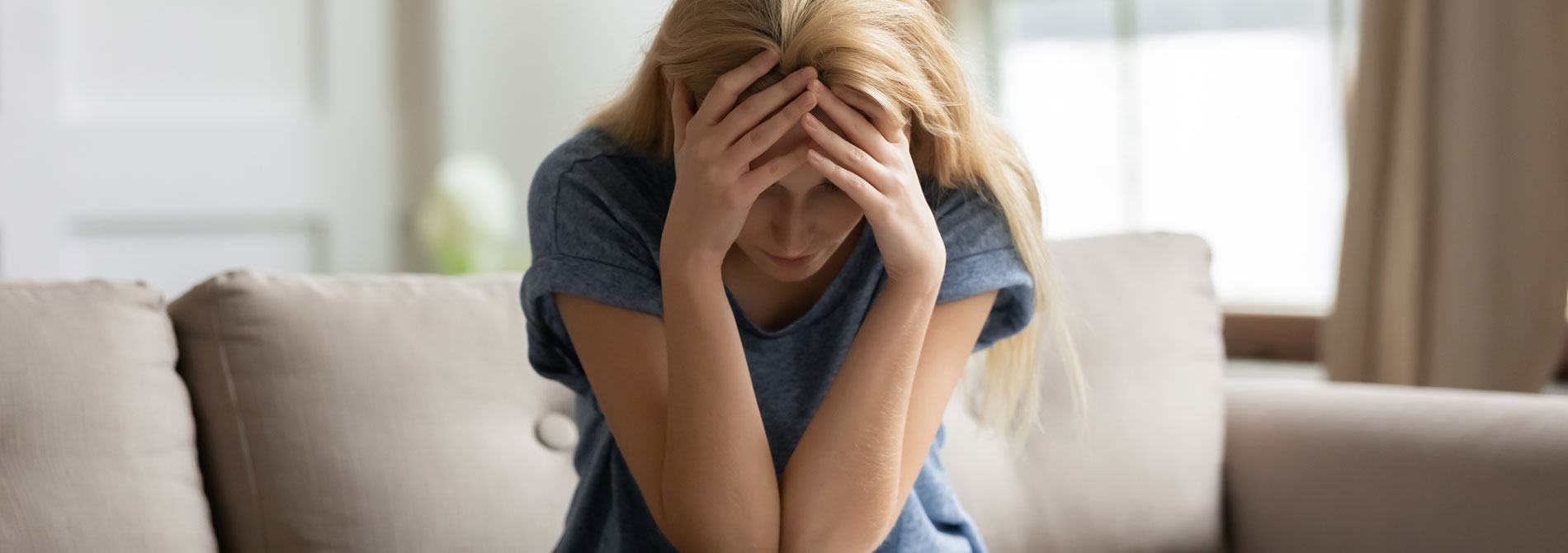Everyone experiences anxiety occasionally. Anxiety may flare up before an important event, such as a presentation, an exam, or a first date. Even people who are otherwise calm and collected know what it’s like to feel worried about situations outside of their comfort zone.
But for roughly 40 million adults in the United States, anxiety is more than just an occasional experience. For people with anxiety disorders, it can be a deep-seated mental health issue that interferes with daily activities. Uncontrolled anxiety can undermine your confidence, trigger physical symptoms, lead to substance use disorders, and deplete your energy. Luckily, it is possible to overcome anxiety and reclaim your life. Here are some solutions.
Seek professional help
It is estimated that 30% of Americans experience intense, persistent, or debilitating anxiety that qualifies as a disorder. Although anxiety is the most common mental health problem nationwide, fewer than two out of five adults affected by an anxiety disorder actually seek professional help. When anxiety disorders lead to substance use, shame and guilt can make it even more challenging to reach out.
But anxiety is treatable, no matter how alone you feel. Therapists and other mental health professionals can help you retrain your thoughts and discover tools for long-term wellness. People who seek treatment may find relief through one or more of the following strategies:
Individual therapy
This collaborative approach, also known as psychotherapy or talk therapy, leverages evidence-based techniques to identify and challenge the underlying patterns of thought and behavior that contribute to anxiety.
Cognitive behavior therapy (CBT)
CBT is the most common form of talk therapy. It can help you develop the healthy coping strategies you need to target destructive thought patterns and negative responses to stress, including substance use.
Group counseling
Counseling in small groups provides a clinically-driven, therapeutic environment where people with mental health and substance disorders can listen to one another and offer mutual support. Licensed therapists guide these intimate groups, offering strategies for wellness along the way.
Non-narcotic medications for anxiety
For people whose anxiety is severe, a treatment plan that includes non-narcotic medication may be beneficial. These medications can help ease your most debilitating symptoms and enhance your progress in therapy.
Practice self-care
Whether you suffer from generalized anxiety, social anxiety, trauma-related anxiety, or a panic disorder, taking the time to care for yourself can help keep symptoms at bay. There are many effective self-care strategies to choose from, all of when can ease anxiety, including:
Regular exercise
Regular exercise can alleviate anxiety symptoms, increase “feel good” chemicals in your brain, and minimize anxiety symptoms. Activities that increase your heart-rate are particularly helpful and walking, running, cycling, or swimming are all excellent options.
Sleep hygiene
Anxiety itself can dismantle your ability to get enough sleep. Creating an ideal sleep environment that is quiet, dark, and cool can improve your sleep hygiene. Mindfulness and meditation techniques are also helpful, and short-term non-narcotic prescriptions can also be a benefit.
Limit or avoid stimulants and caffeine
While caffeine and other stimulants may temporarily boost wakefulness, caffeine also activates the nervous system and the “fight-or-flight” response. For people addicted to stimulants, whether legal or illegal, these substances can increase anxiety and make people with anxiety disorders more susceptible to their effects.
Overcome anxiety and substance use
Anxiety disorders cannot be cured, but they are treatable. The right combination of solutions can help most people with anxiety regain a sense of wellbeing.



